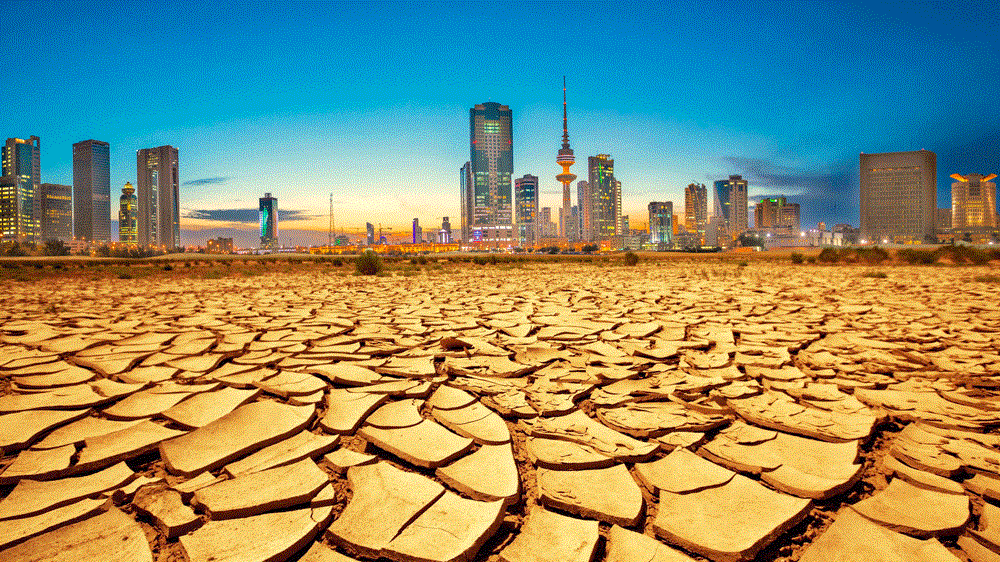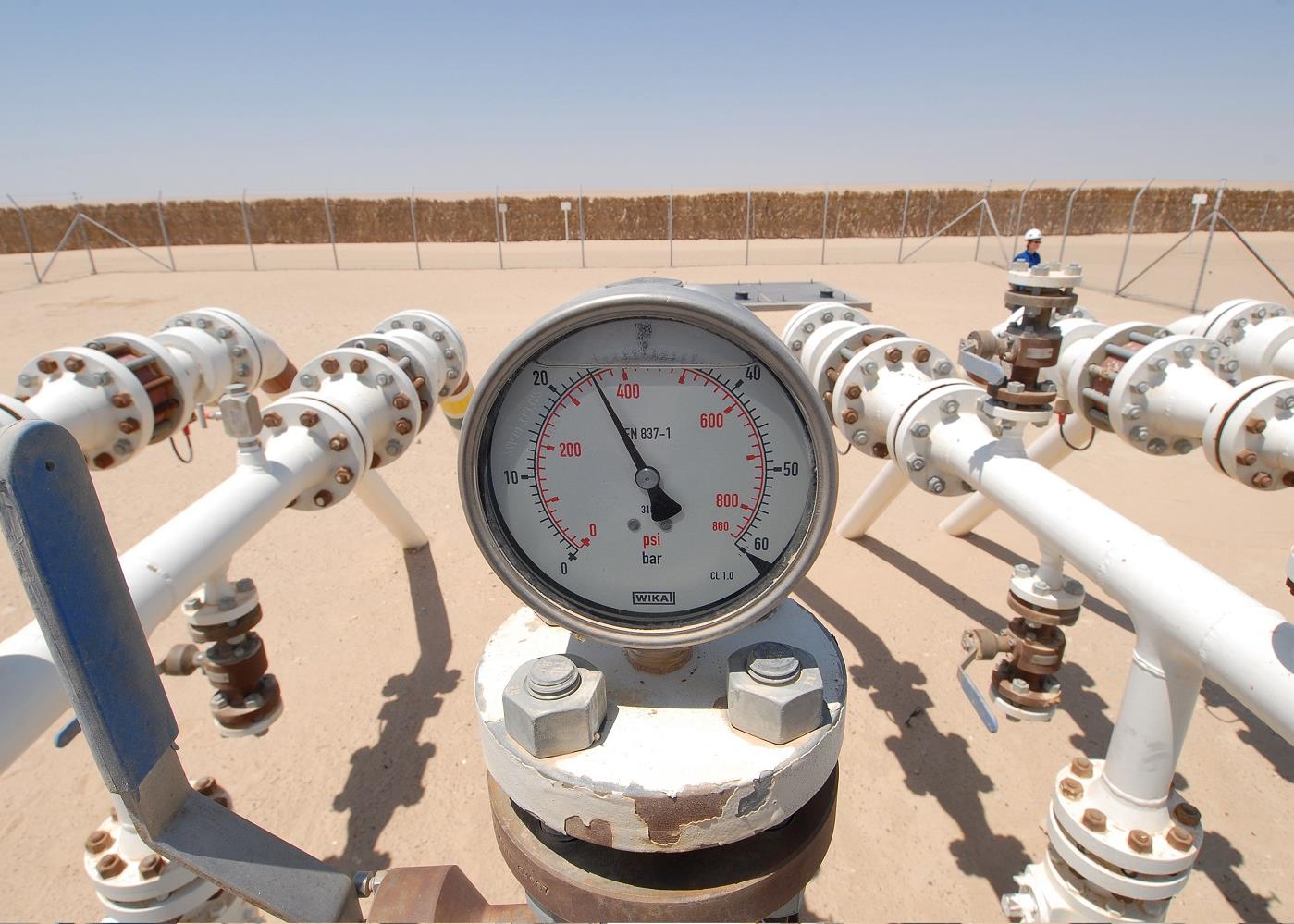



This package on the impact of climate change also includes:
> Extreme regional temperatures risk greater unrest
> Green building finance takes hold
> The cost of green energy transition
 |
The Covid-19 pandemic has disrupted economic growth and inflicted human suffering globally. However, it has also brought to the fore new perspectives about development.
Coinciding with several extreme weather events, this period has strengthened the popular resolve to tackle climate change while also reshaping investor behaviour.
The UN’s Intergovernmental Panel on Climate Change recently called “code red” for humanity. The International Energy Agency delivered its own wake-up call in May, saying that the goal of net zero carbon emissions by 2050 would mean no new hydrocarbons development projects.
Managing climate change is an issue of particular concern in the arid Middle East. The region is sensitive to increasing temperatures and, in its coastal areas, rising sea levels.
While the challenge is daunting, regional governments have several levers at their disposal as they prepare for a different kind of future.
 Building awareness
Building awareness
Restrictions on mobility during the pandemic gave a glimpse of less polluted cityscapes. They also shed light on the potential of technology to transform the way people work: distance or hybrid working entails less commuting and offers more flexible opportunities for economic participation.
Environmental sustainability must be embedded in economic planning and policymaking in the Middle East. Previously, energy consumption has been subsidised across much of the region, which has fostered a culture of rentierism and wasteful consumerism.
The GCC’s per capita energy consumption was more than twice the global average in 2015. The region topped the list of global carbon dioxide emitters per capita.
Scarce resources such as water and arable land need to be protected for the future, and their utilisation must properly reflect their value.
Several countries in the GCC have made strides towards adopting water strategies that map available resources, usage patterns, distributive infrastructure and areas of waste while providing a framework for sustainability.
Government policy must ensure that biodiversity is protected and inhabited areas are planned smartly, to make them both liveable and sustainable. It is particularly important to protect, and where possible increase, afforested areas.
Planning also has an important role to play in regulating resource use in agriculture so as to protect underground aquifers and ensure efficient value creation through appropriate techniques and crop selection.
Changing behaviours
New regulations have been introduced through greener building codes and energy-efficiency standards for vehicles and appliances.
Building smarter is especially important in the region, as residential energy use is very high. This is not only due to the climate, but also to decades of wasteful consumption underwritten by generous government subsidies.
 Properly insulated buildings that incorporate reflective surfaces can help rationalise consumption. Additional benefits are available from efficient air-conditioning technology and district cooling.
Properly insulated buildings that incorporate reflective surfaces can help rationalise consumption. Additional benefits are available from efficient air-conditioning technology and district cooling.
Smart meters are growing in popularity, and mandating such tools can help reduce electricity and water wastage. Water management can be much better regulated to ensure recycling and reuse.
After decades of government largesse and the dependencies it engendered, fiscal policies need to be redesigned across the Middle East. Many regional governments are retreating from the old distributive state paradigm that underpriced essentials such as water, electricity and energy more generally.
The direct cost of energy subsidies in the GCC was 2.1 per cent of GDP in 2015, and the indirect was more than 5 per cent. This drove an energy-intensive model of development and encouraged unsustainable consumption patterns.
More market-based pricing is already incentivising consumers to monitor their resource use and look for opportunities to conserve and reduce wastage through better technology.
It has also made renewable energy cost-competitive, making it possible to reduce reliance on hydrocarbons and allowing decentralised power generation in a region with exceptional solar radiation.
Additional incentives
The scaling back of the distributive state has further to go. Middle East governments could introduce carbon accounting and green taxes to penalise waste and further incentivise sustainable behaviour and investments.
Such taxes could also expand and diversify the tax base, generating resources for areas of greater need. Some of the receipts could also be used to further incentivise environmentally friendly choices, subsidising sustainability rather than waste.
The financial sector also has a key role to play in appropriately enabling and supporting sustainable investment.
Such measures promise to reshape the region’s diversification narrative by channelling more capital into less resource-intensive, more productive and more innovative activities.

You might also like...

Rainmaking in the world economy
19 April 2024

Oman receives Madha industrial city tender prices
19 April 2024

Neom seeks to raise funds in $1.3bn sukuk sale
19 April 2024

Saudi firm advances Neutral Zone real estate plans
19 April 2024
A MEED Subscription...
Subscribe or upgrade your current MEED.com package to support your strategic planning with the MENA region’s best source of business information. Proceed to our online shop below to find out more about the features in each package.







